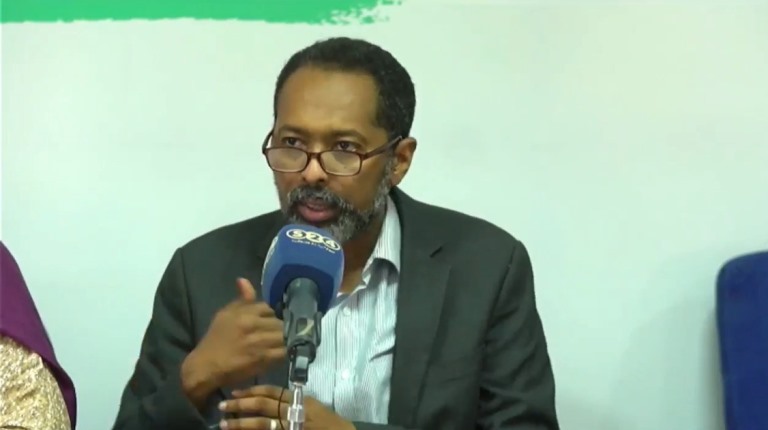FFC admit they made mistakes during Sudan’s transition
July 25, 2022 (KHARTOUM) – The Forces for Freedom and Change (FFC) have acknowledged making significant mistakes that call for apologies to the Sudanese people during the two-year period in which they ruled the country, and pledged to work to avoid them in the future.
The FFC organized a four-day workshop during which the formerly ruling coalition reviewed its performance from 2019 to 2021 before a coup carried out by the military component of the transitional government in October of last year.
“Mistakes have been made in the transitional period. The Forces for Freedom and Change bear a part of them, must recognise that, and apologize (to the Sudanese people) as well as put in place mechanisms to avoid repeating mistakes,” reads a statement released at the end of the workshop co-organised with Aldemocrati newspaper.
FFC several leaders and some of those who were part of the two Hamdok governments spoke about their experience during the past two years. The debates and discussions were broadcast on social media.
In addition, several critics from the martyrs’ families, Resistance Committees and journalists were invited to take part in the discussions.
The FFC admitted that they did not prioritize military and security reform, and accepted that the military component takes over the ministries of defence and interior. Also, they said did not press enough to carry out radical reforms to dismantle former regime empowerment in the army, police and security.
The FFC admitted they had to be more open to independent qualified people. Further, they said they missed needed reform of the civil service and kept elements from the former regime in the office of the Attorney General and the judiciary.
The FFC had been criticised for keeping civil servants loyal to the former regime who later supported the military efforts to derail the transition and hinder reforms.
The Military component, with the silence of the reconciling prime minister, has largely contributed to this situation.
The coalition further pointed to their failure to defeat the plans of the military component to disrupt the formation of the Transitional Legislative Council, the different commissions, and the Constitutional Court. In addition to initiating the transitional justice process.
Also, they said they ignored to recover funds stolen by the leaders of the former ruling National Congress Party and did not seek the assistance of international expert houses specialized in the recovery of the looted funds.
The FFC now gather political parties without the Communist Party, which was opposed to the economic policy of the transitional government.
The signatory armed groups distanced themselves from the FFC as the SLM-MM and JEM of Gibril Ibrahim established a separate coalition before the coup. While the Sudanese Revolutionary Front seems moving in the same direction after the coup.
(ST)

